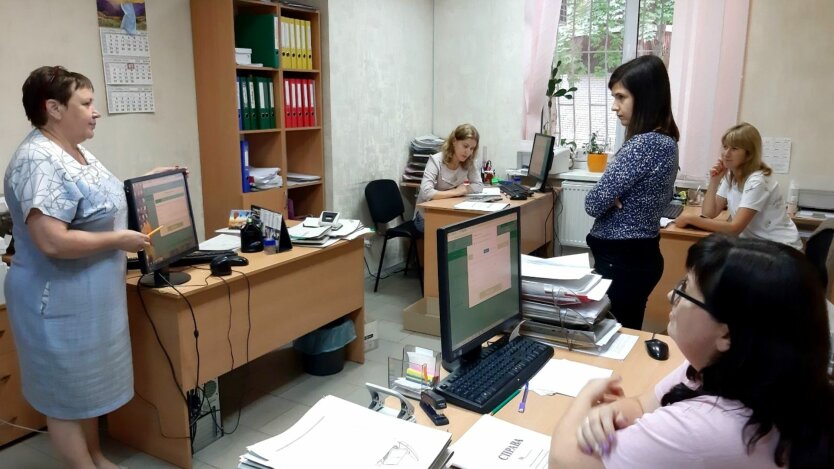In Ukraine, basic social payments of 4500 hryvnias were announced, but there is a nuance.


The Ministry of Social Policy of Ukraine has released a draft resolution on basic social assistance, which may change the system of social support payments.
Sergiy Korobkin, an expert on pensions, analyzed the new document and identified potential risks for social support recipients.
According to the new rules, citizens will be able to apply for basic social assistance through administrative service centers, pension fund offices, or via the 'Diya' app. A feature is the automatic retrieval of information from state registers, which will simplify the application process.
However, the specialist notes that when receiving basic social assistance, a person must agree to discontinue other social payments if such payments were previously provided to members of their family.
The basic amount is planned to be set at 4500 hryvnias. The amount of assistance will be 100% of this sum for the first family member and 70% for each subsequent one. For children under 18 and persons with disabilities of the first and second groups, 100% payments are also provided.
For pensioners, assistance will be calculated depending on their insurance experience. Those pensioners who have a long work history and a low pension may receive payments up to 4000 hryvnias.
The experimental project is planned to be implemented by the end of 2026. Compared to last year, when the Minister of Social Policy proposed a basic amount of 6000 hryvnias, it has now been reduced to 4500 hryvnias.
Read also
- Watch Your Words: Trump Warns Supporters of Continuing War in Ukraine
- Ukrainian mobile subscribers will become 'one of their own' in Europe: what will change as early as 2026
- In Germany, the main fear of Putin was named: it will change the course of the war
- Ukrainians in the Czech Republic have simplified job searching: a useful guide has appeared
- Payment suspension: Ukrainians given time until October 1 for an important procedure
- On the verge of a gas collapse: is Ukraine threatened by a blue fuel deficit this winter










